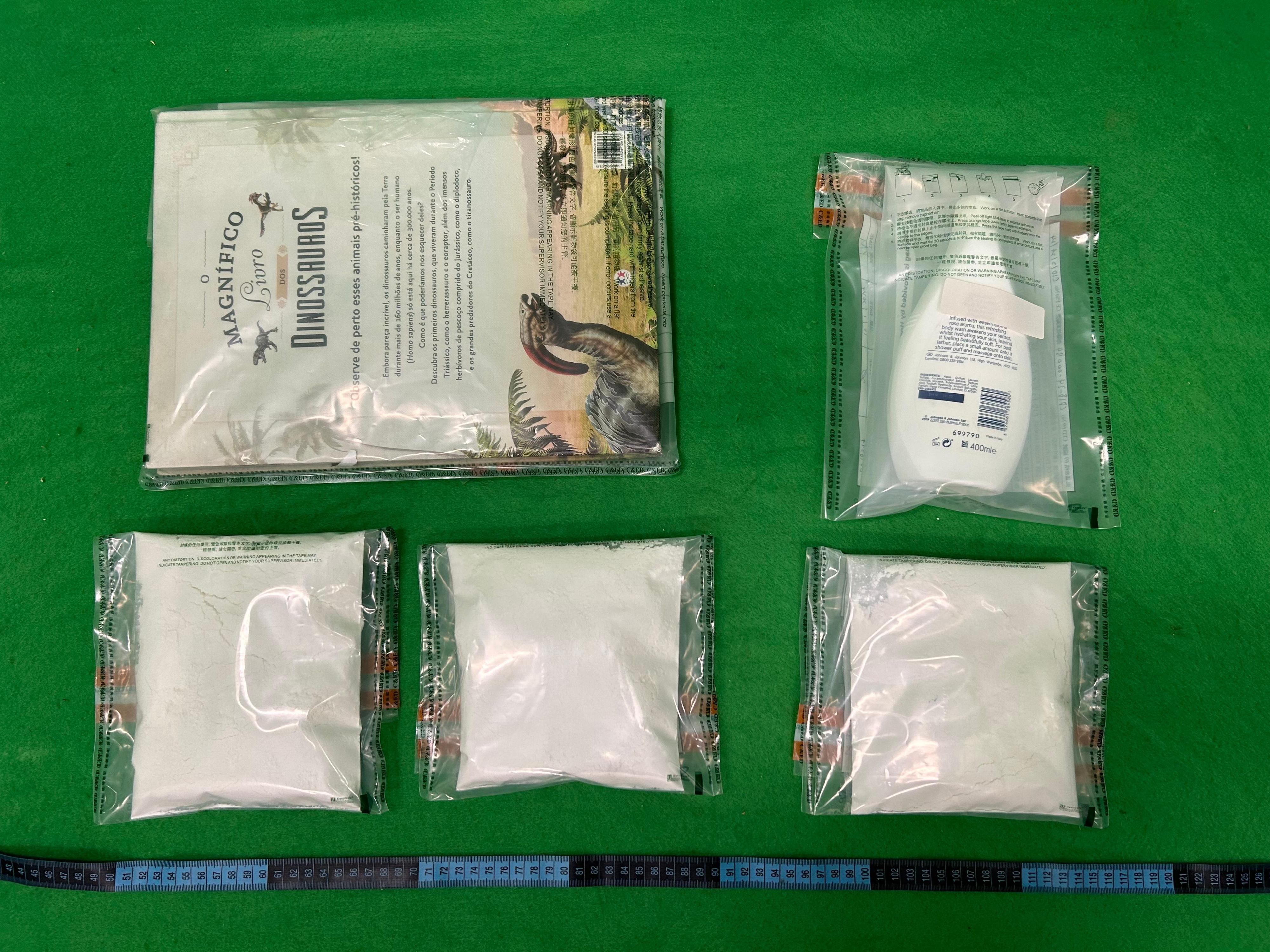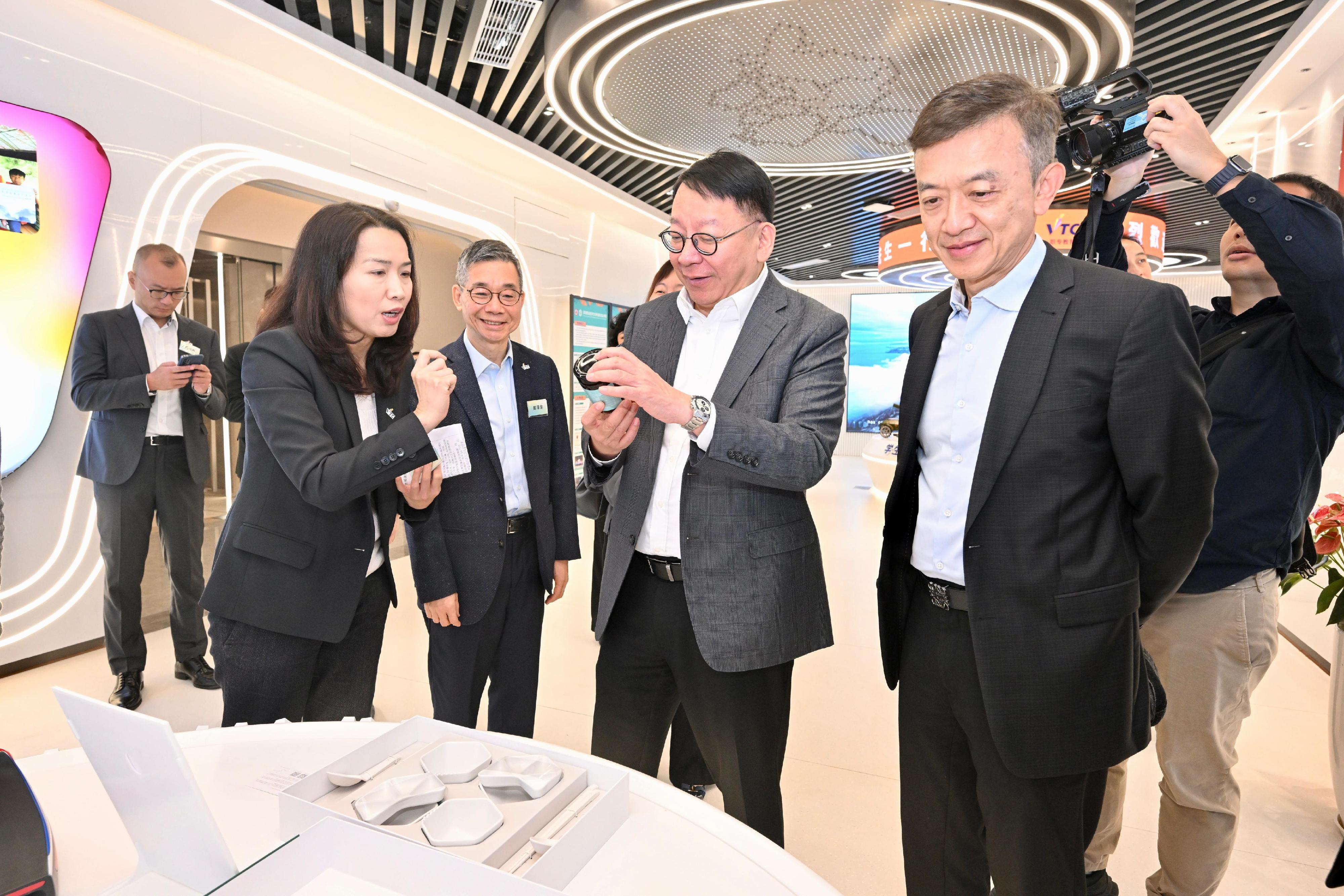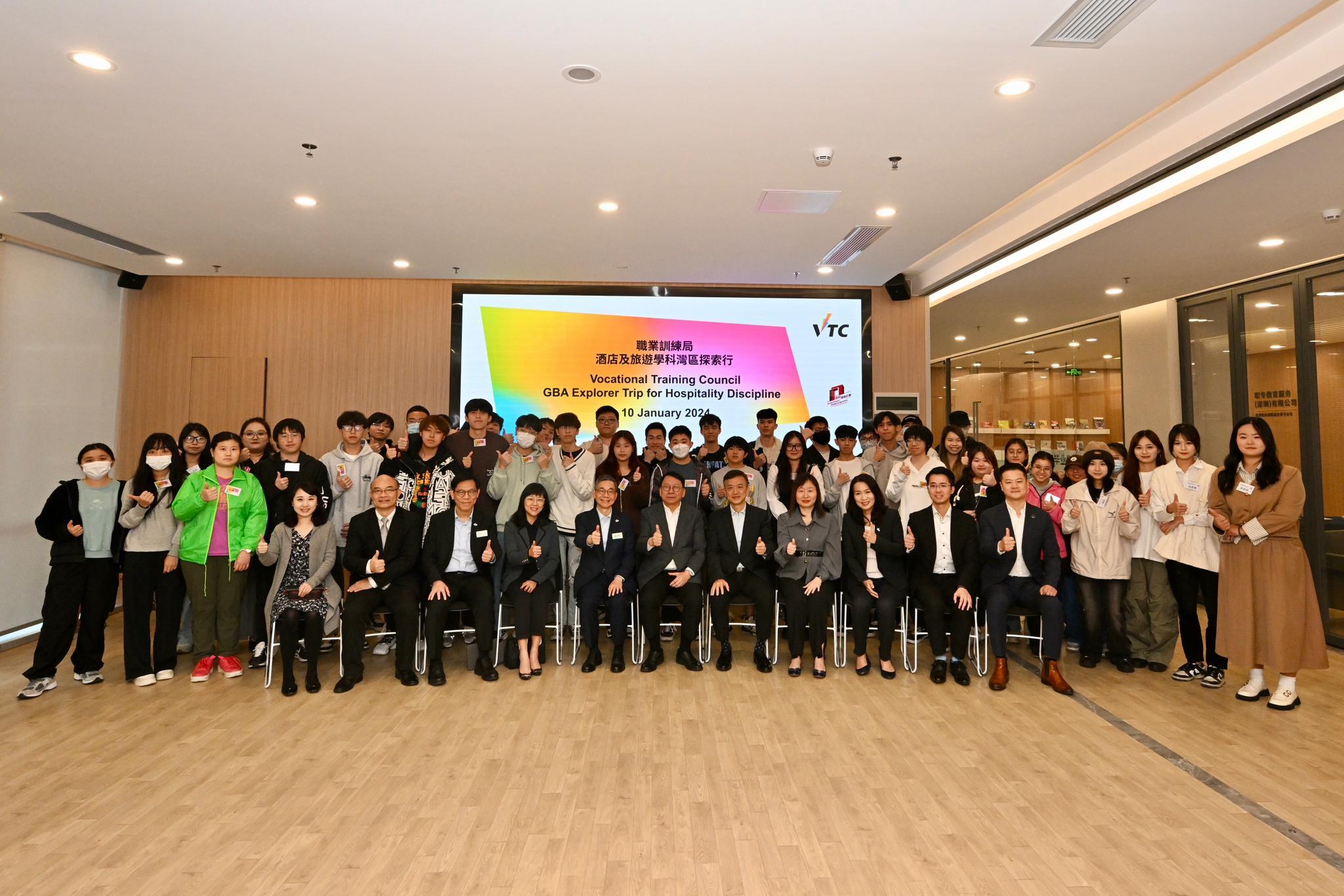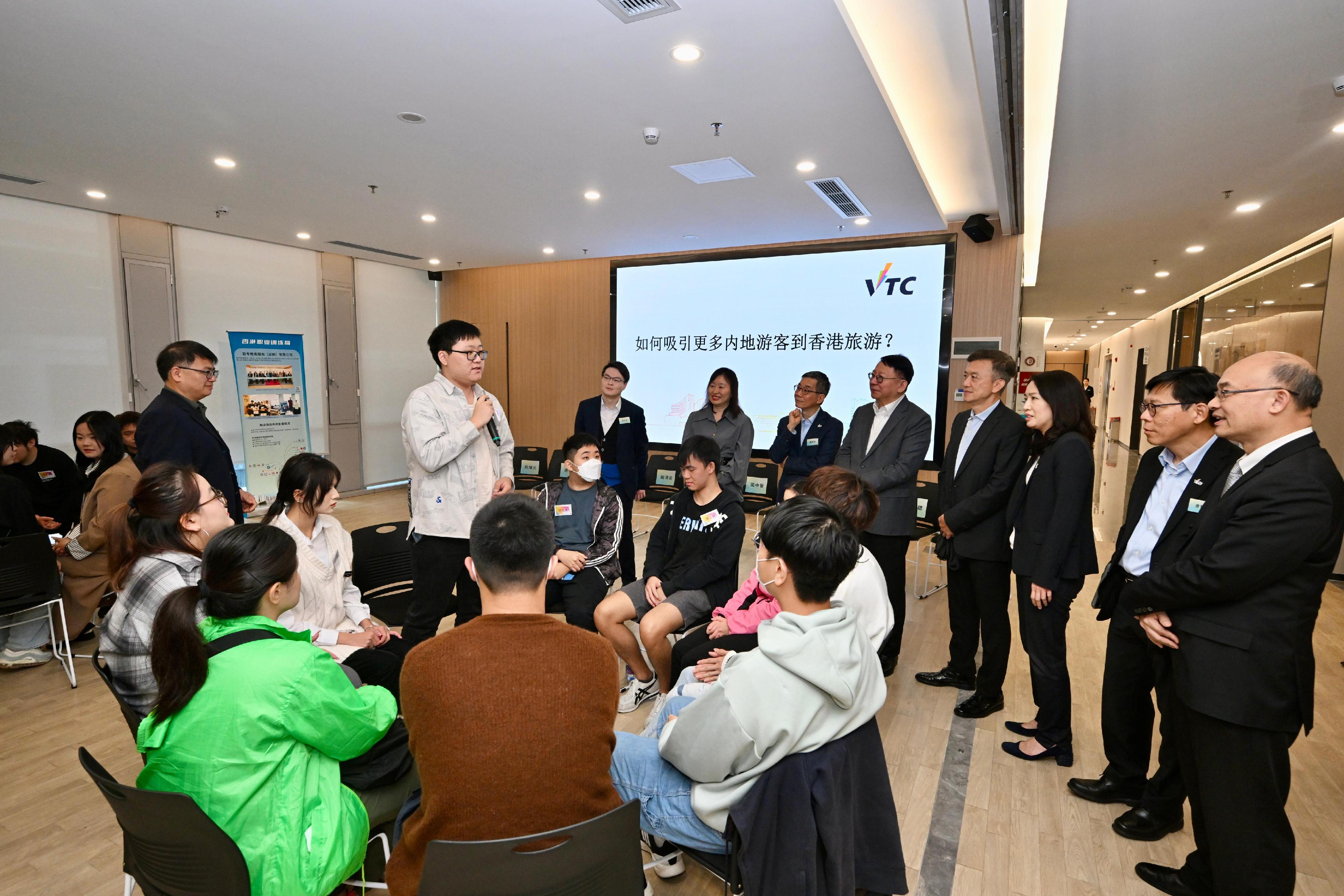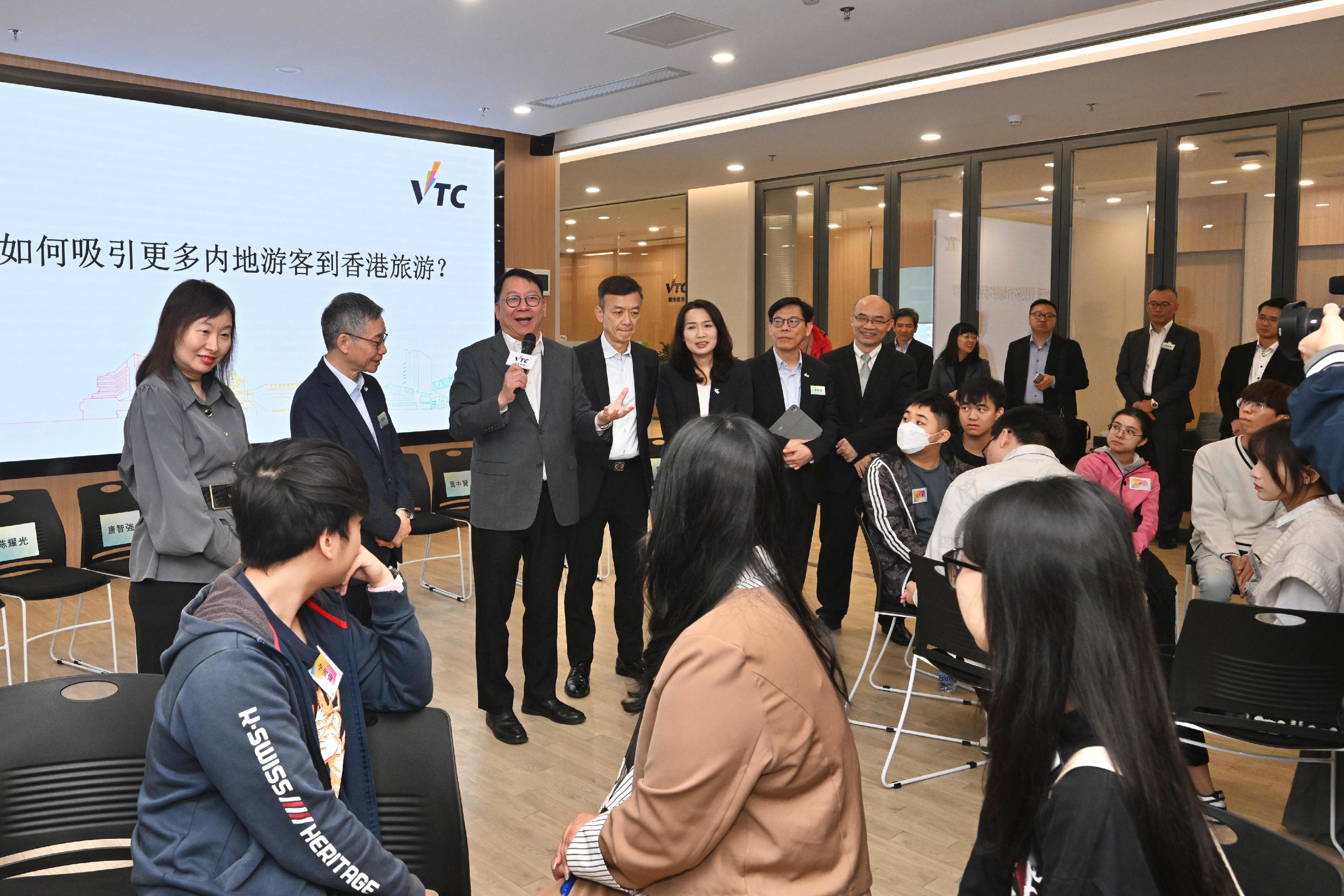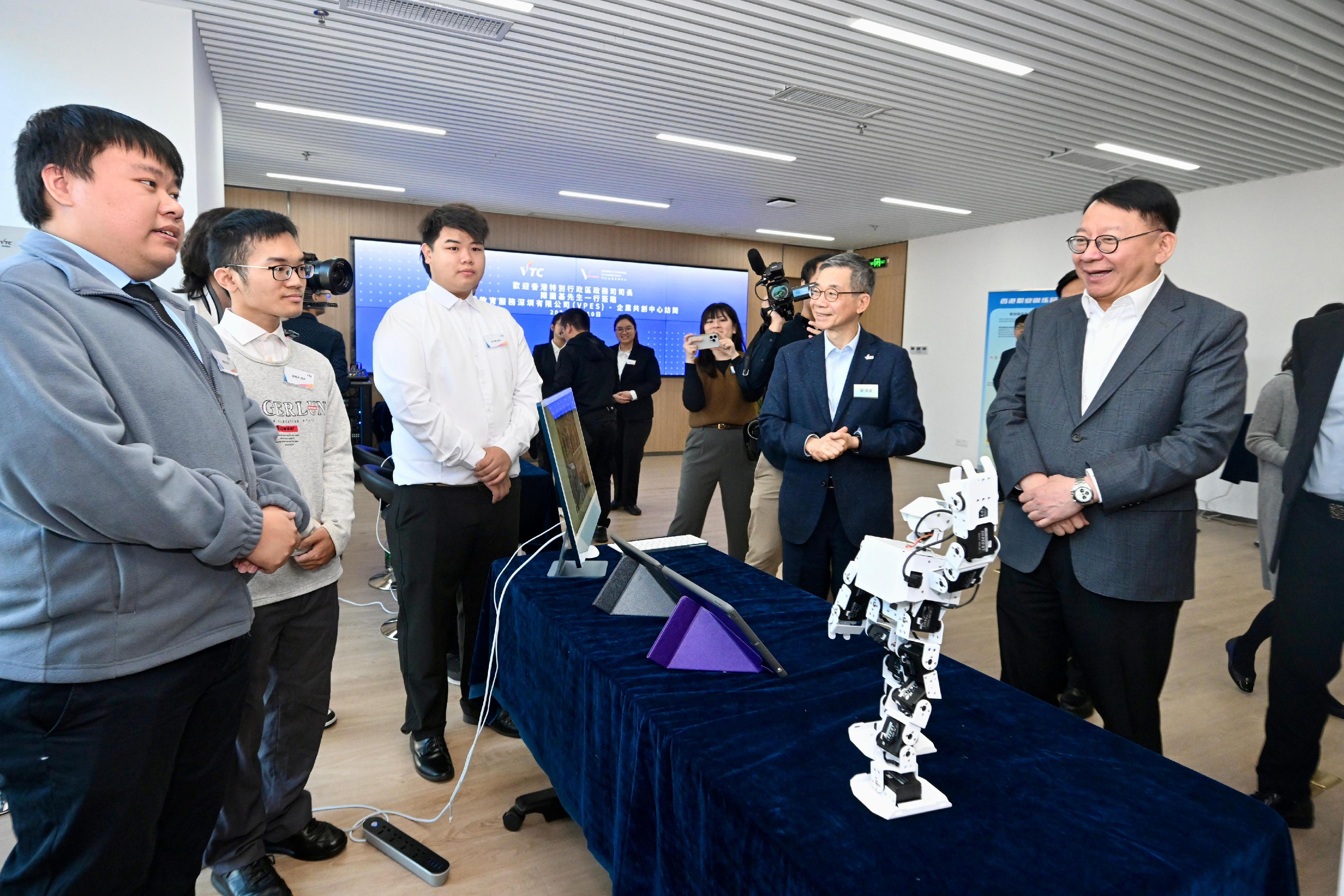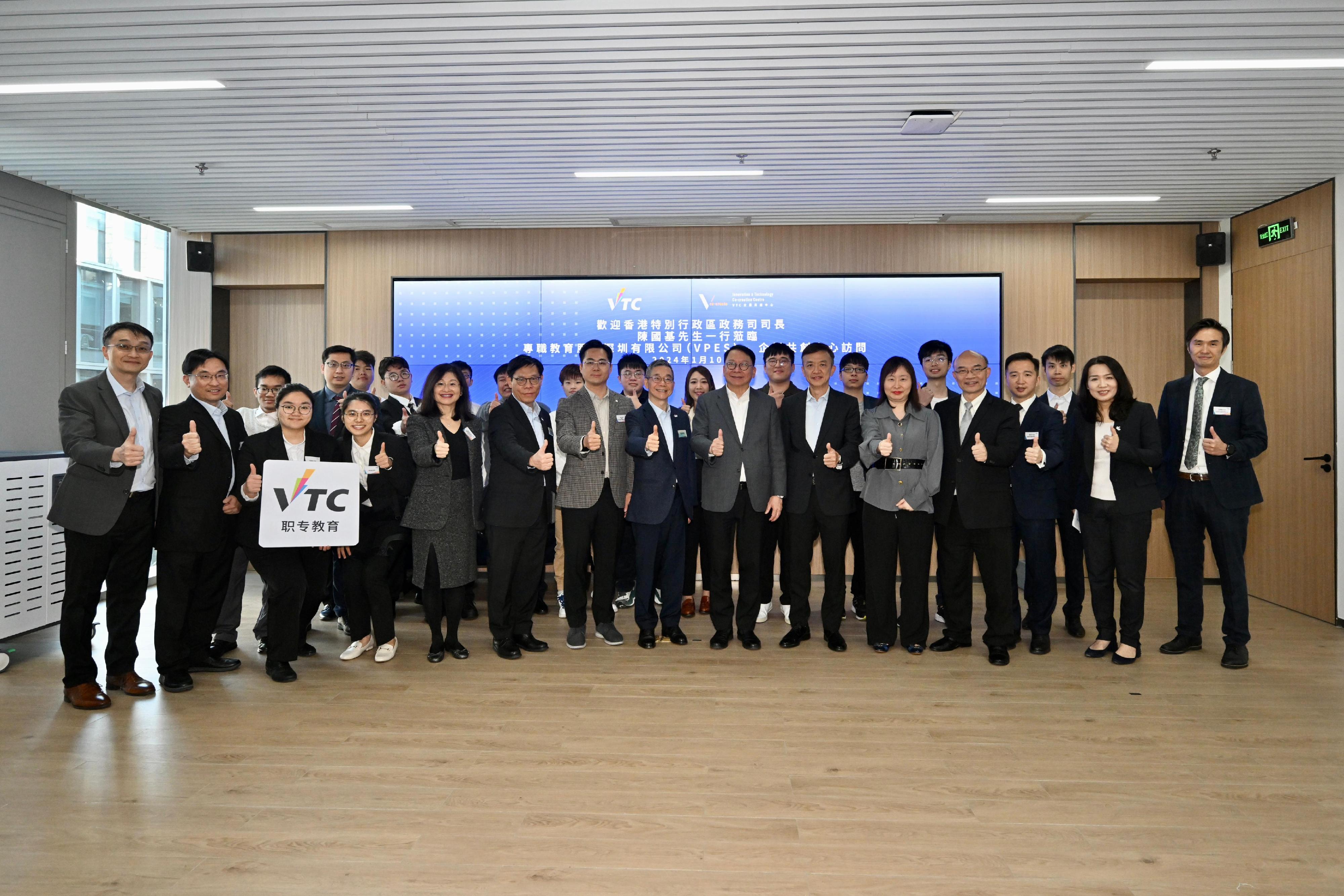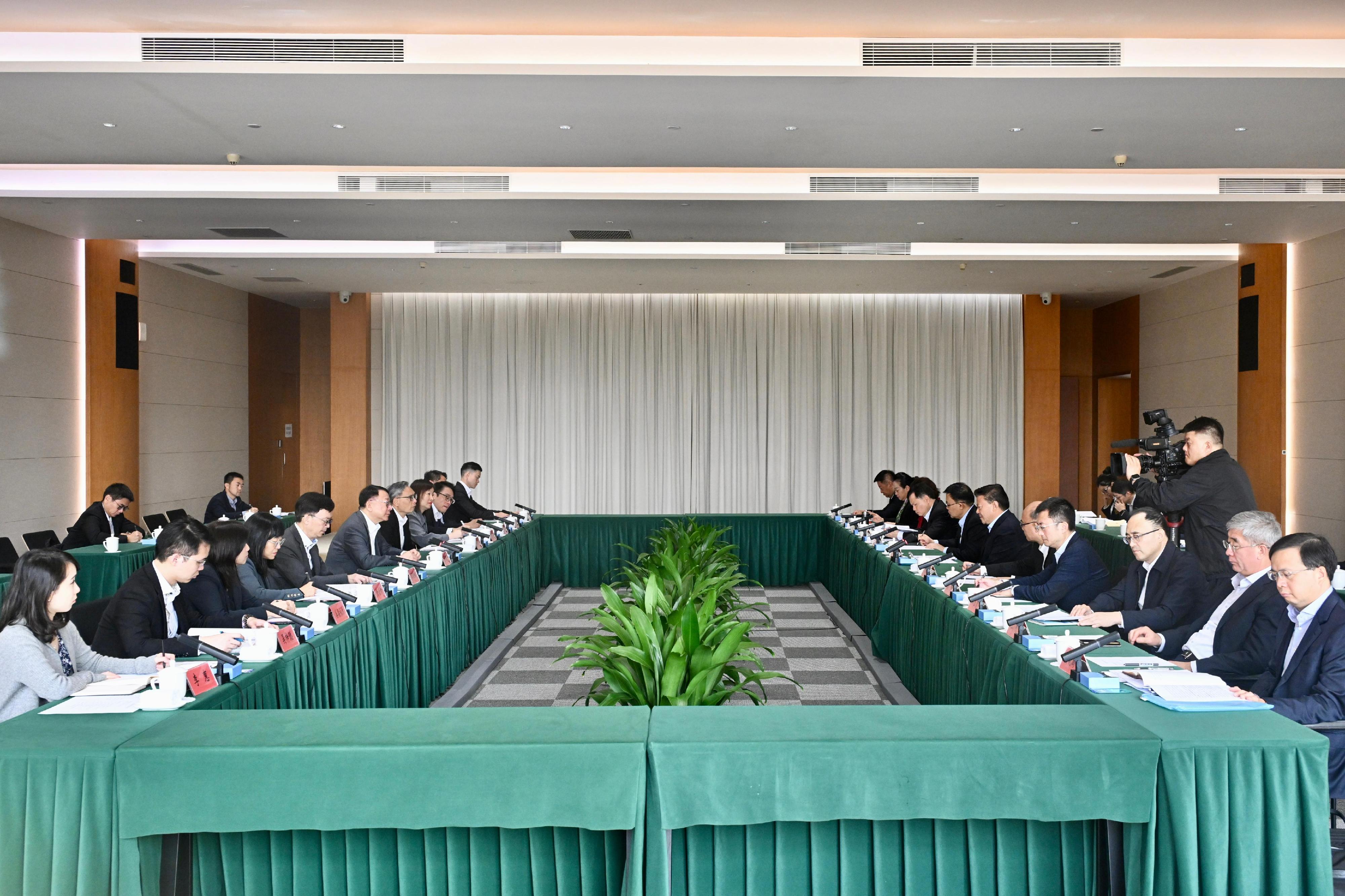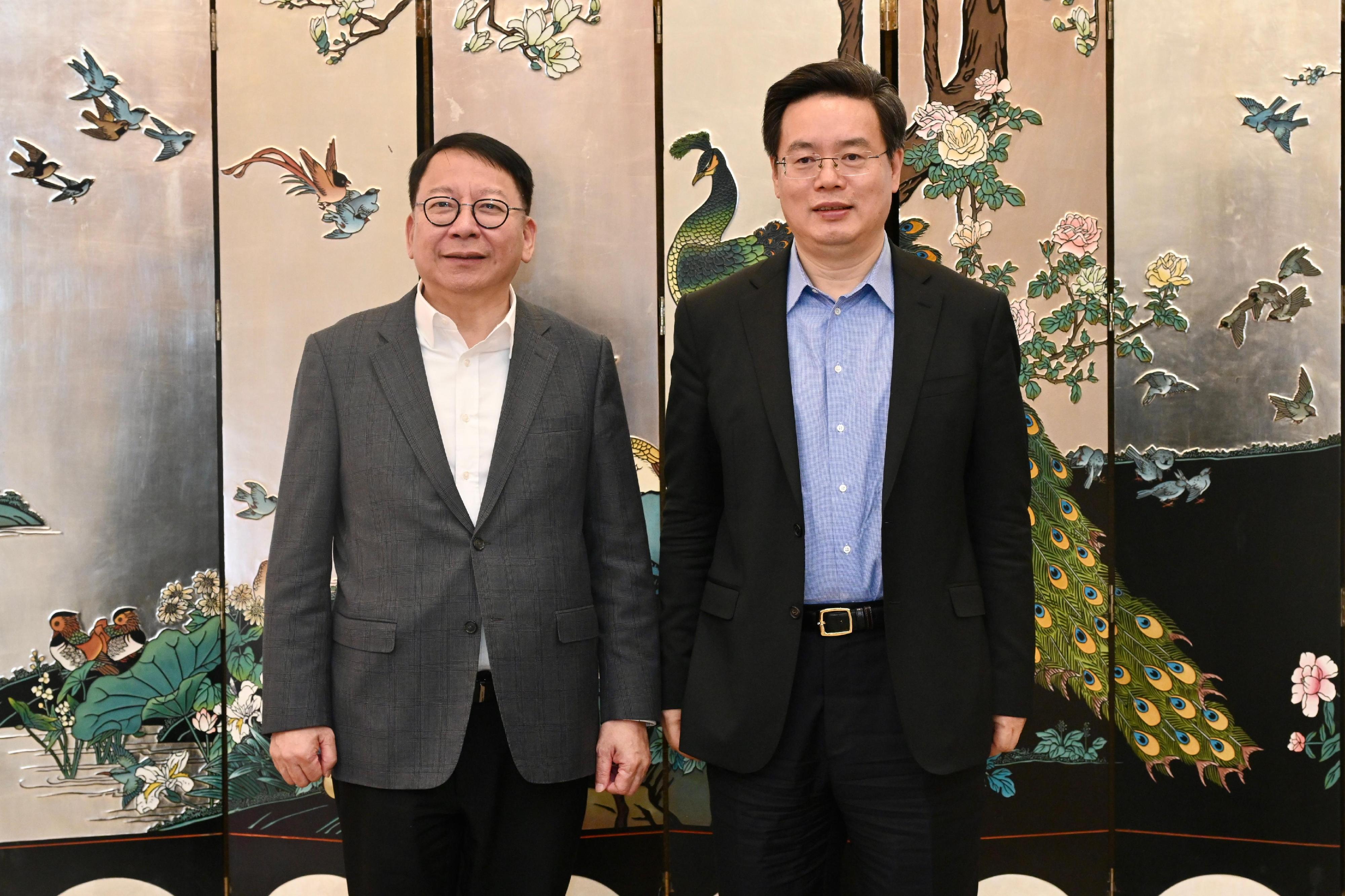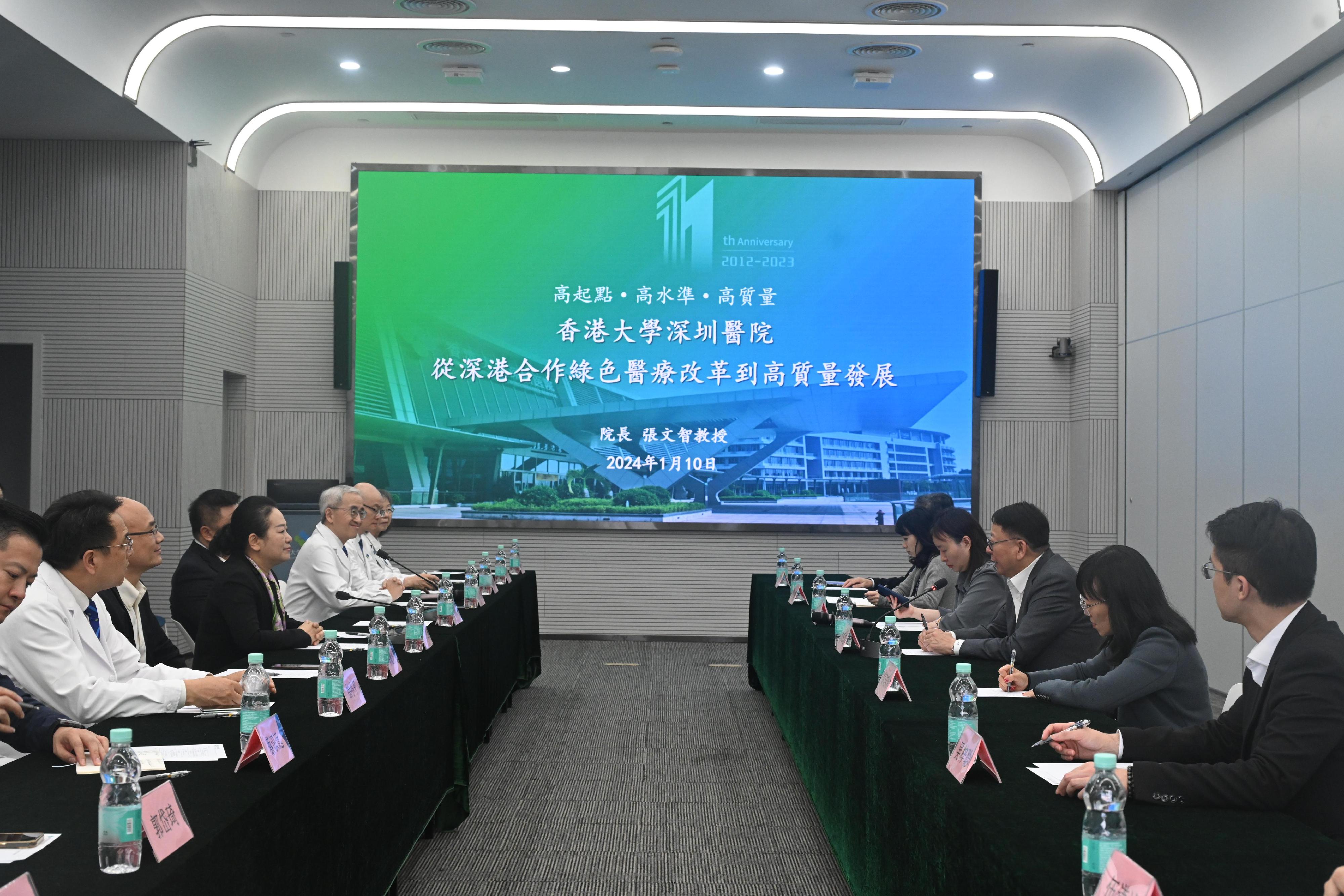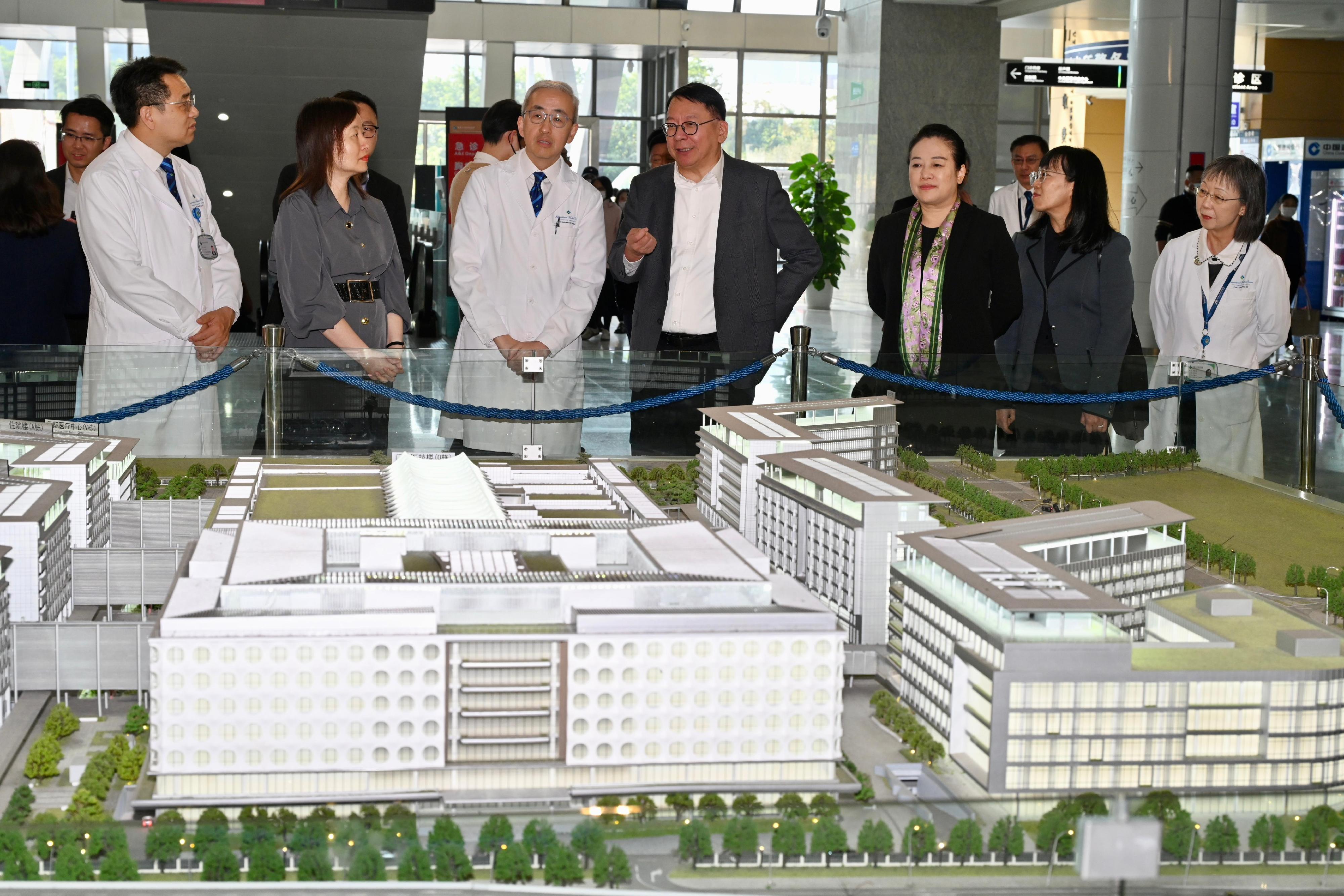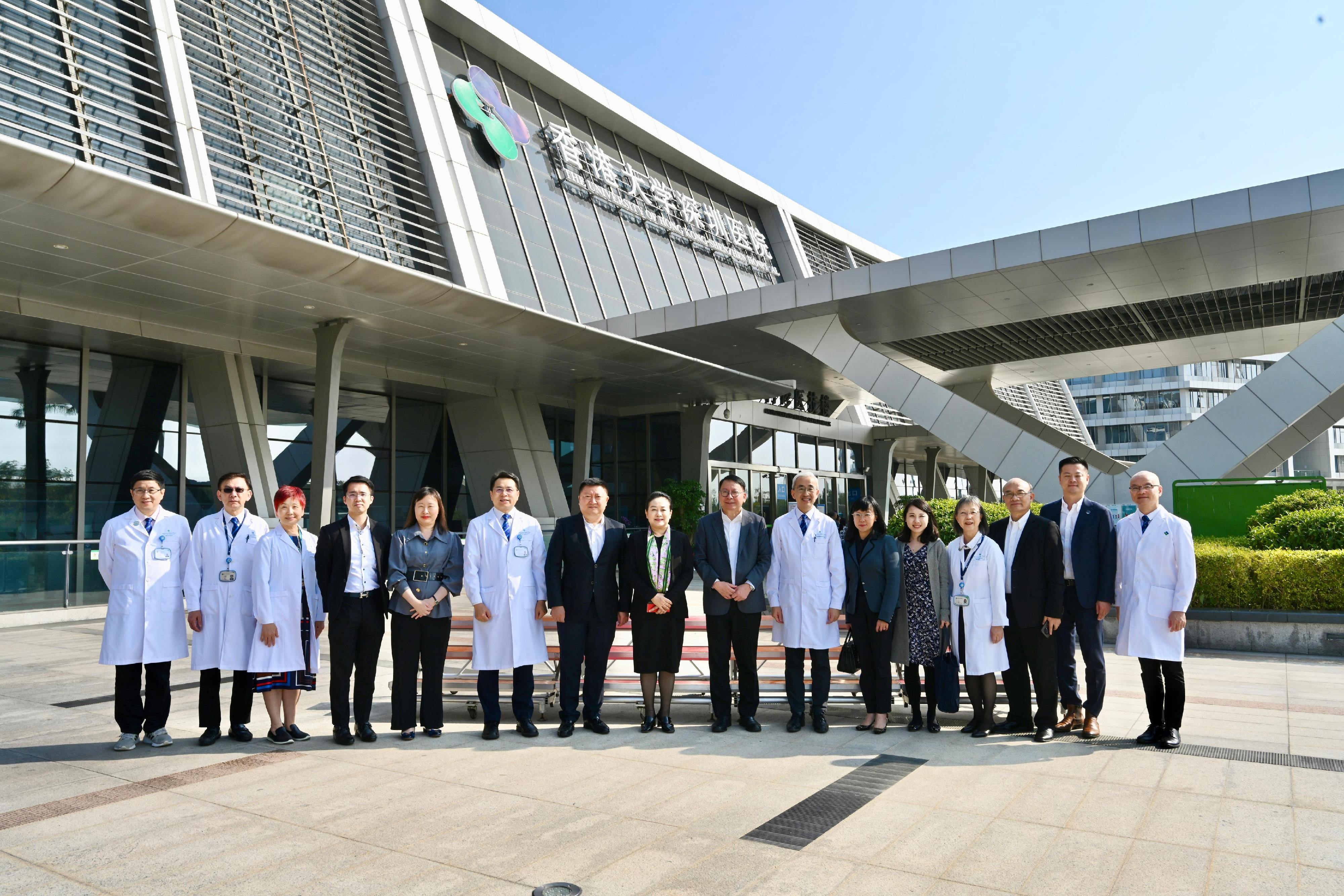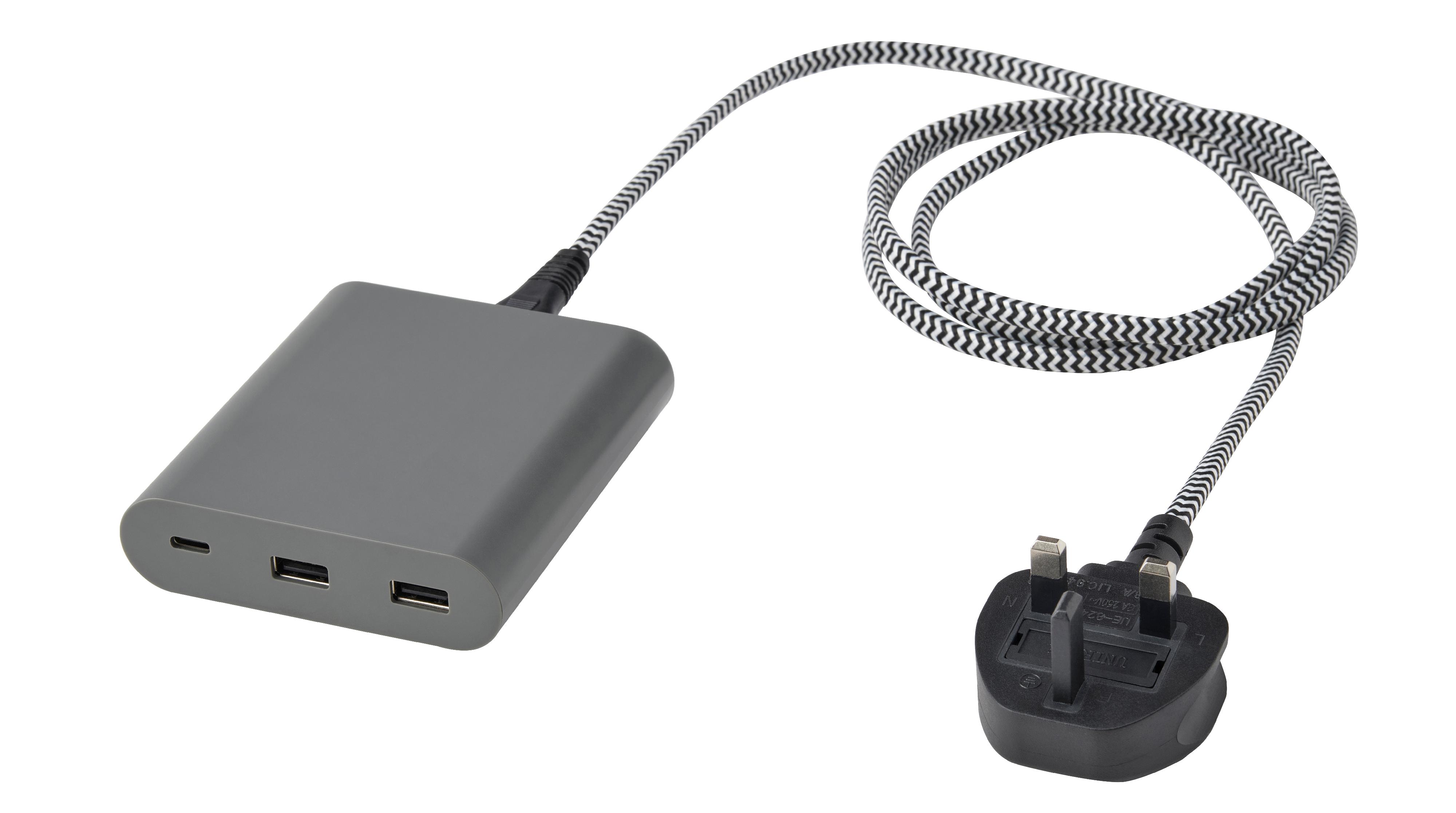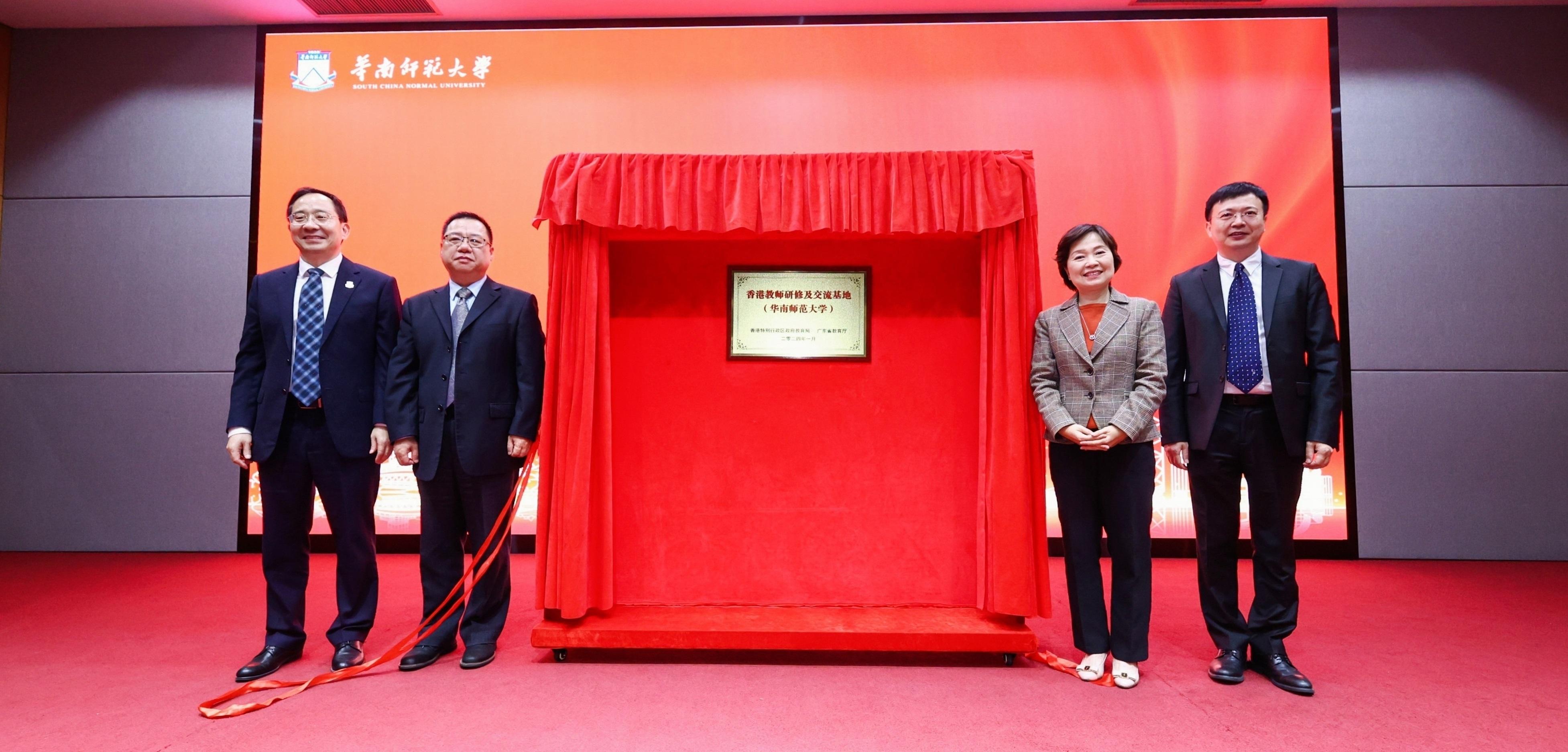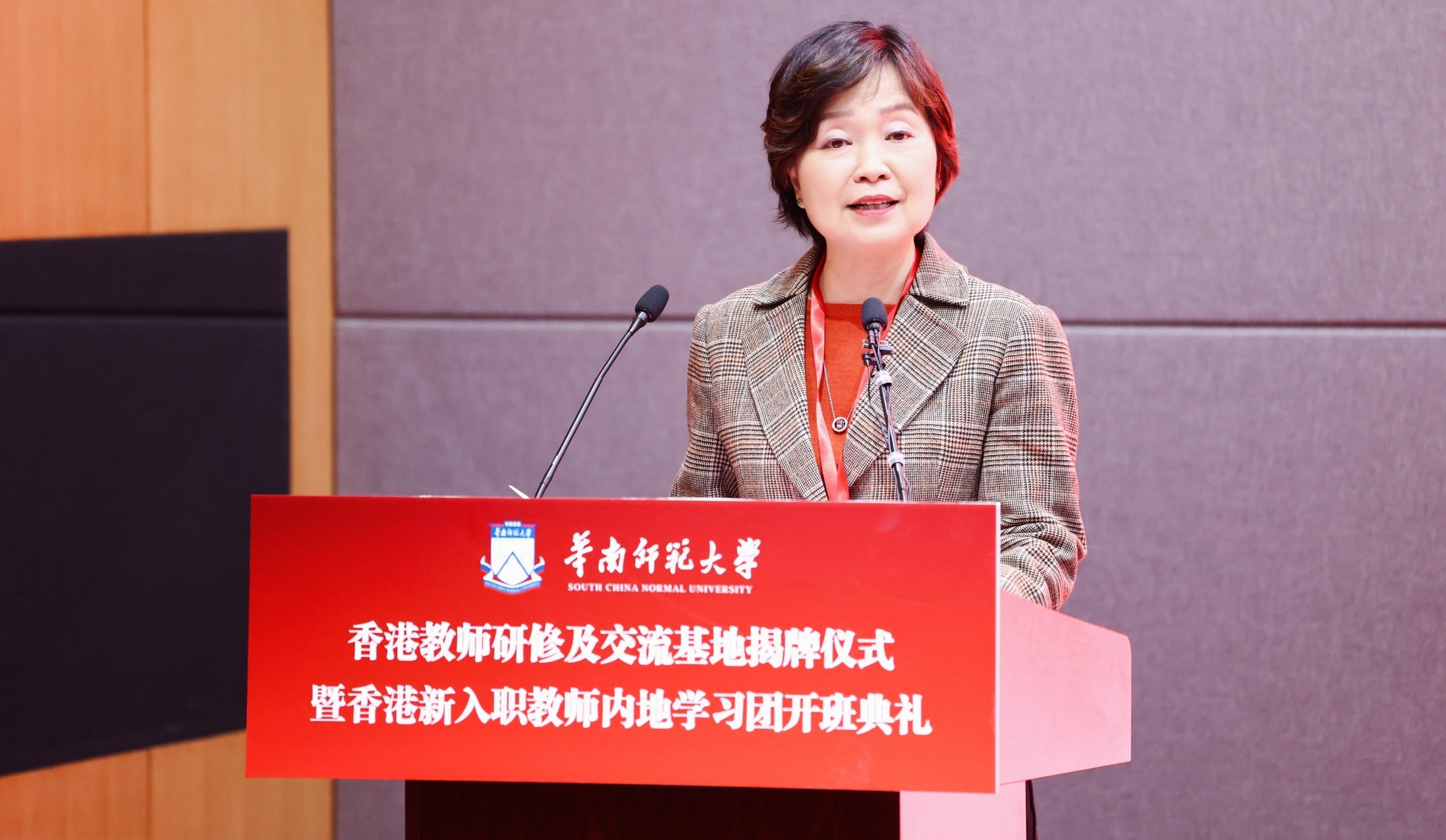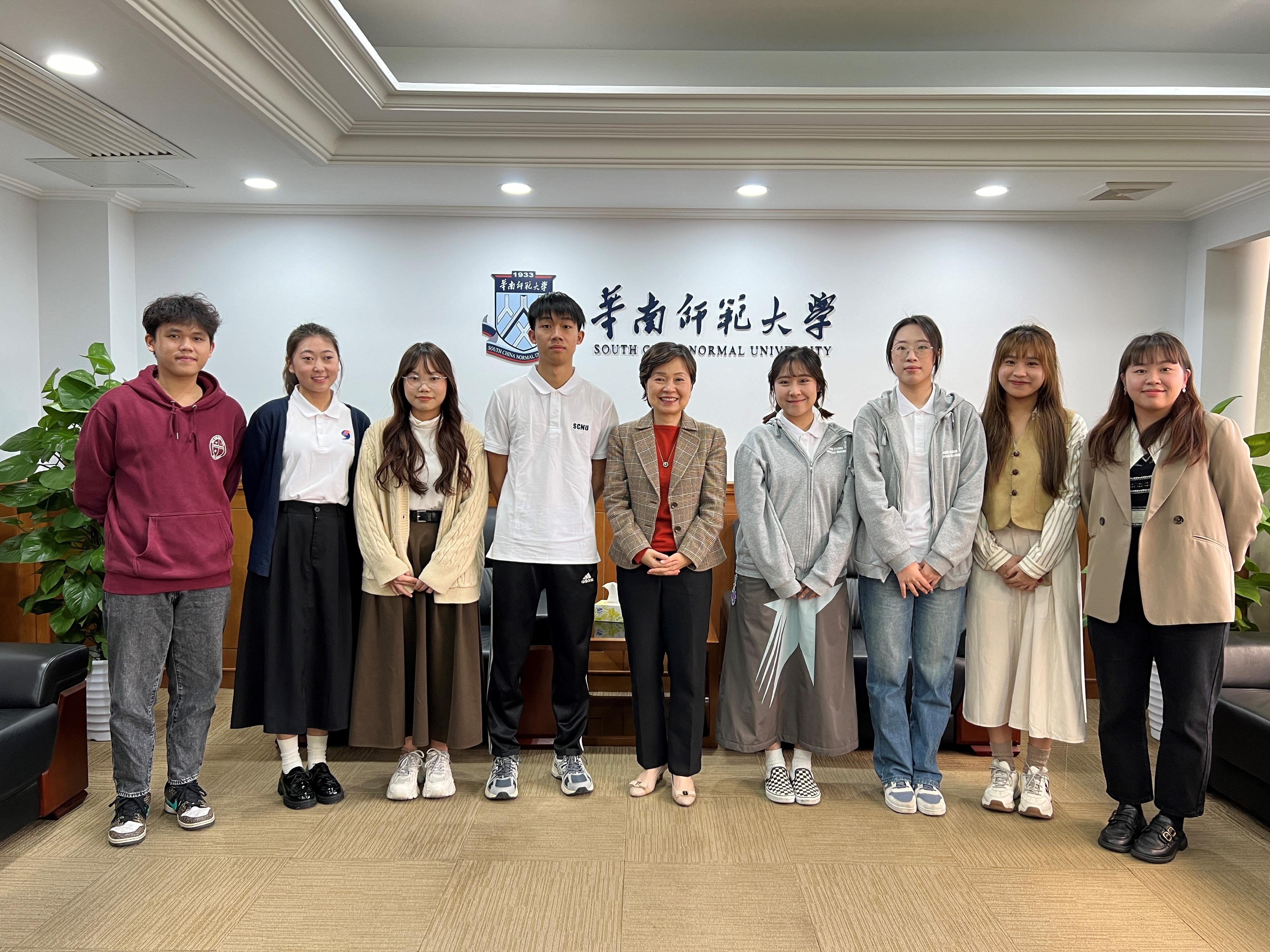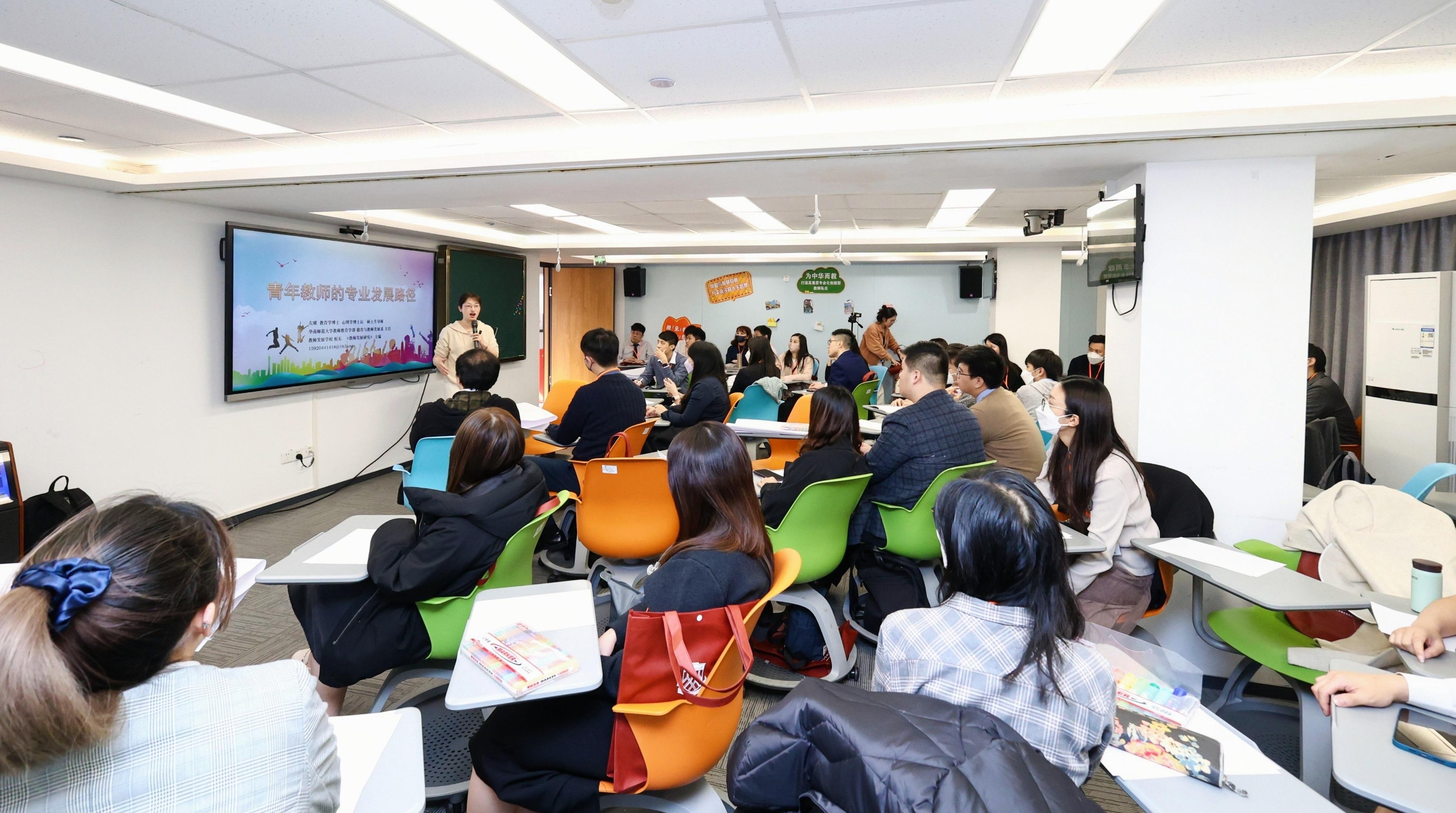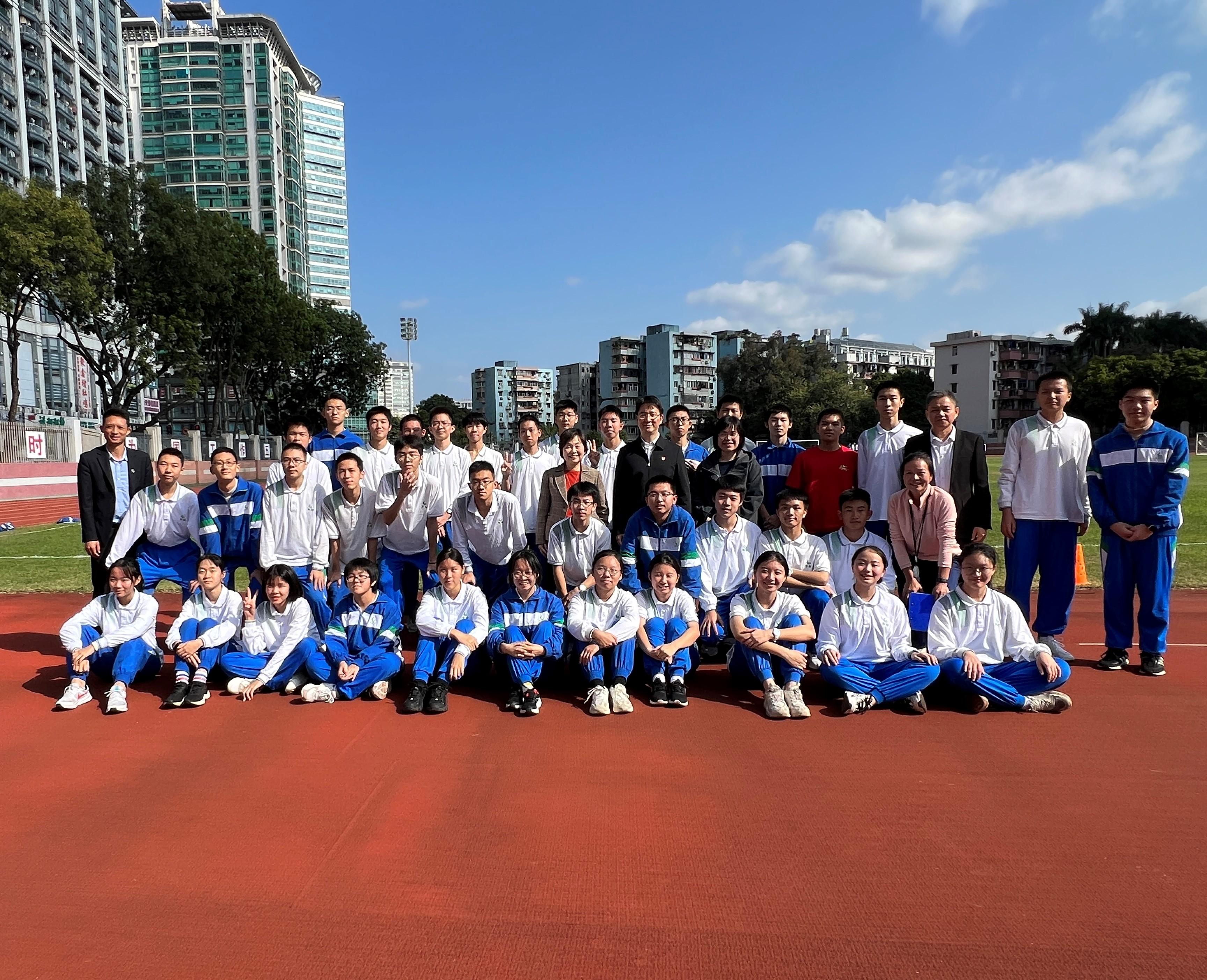Following is a question by the Hon Elizabeth Quat and a written reply by the Acting Secretary for Commerce and Economic Development, Dr Bernard Chan, in the Legislative Council today (January 10):
Question:
It has been reported that recently, some pain treatment centres have been suspected of engaging in frauds and unfair trade practices when promoting pain treatment services to the public, including (i) failing to provide the complete contract and explain the contract provisions to the customers in the course of trade promotion, and instead just providing a simple copy of the contract that does not even state the correct company name only after payment made by the customers; (ii) changing the company name after receipt of a certain number of complaints; and (iii) applying for payment services from non-bank "buy now, pay later" (BNPL) platforms on behalf of the customers without their knowledge. In this connection, will the Government inform this Council:
(1) of the number of complaints involving unfair trade practices in the past three years and, among them, the number of those involving the promotion of pain treatment services;
(2) regarding the aforesaid pain treatment centres which failed to provide the complete contract or just provided a simple copy of the contract, and which did not receive payment through companies with business registration, what measures the Government has put in place to crack down on such unfair trade practices, so as to protect the rights and interests of consumers;
(3) as it is learnt that the therapists in some pain treatment centres are not licensed healthcare professionals and hence, posing potential health hazards to their customers, whether the Government will introduce measures to strengthen regulation of such type of companies providing pain treatment services;
(4) in the light of the aforesaid cases involving pain treatment centres allegedly engaging in unfair trade practices via BNPL platforms, whether the Government will review the regulatory regime of BNPL platforms and strengthen regulation in this regard, as well as draw up a standard contract for BNPL payment method; if so, of the details; if not, the reasons for that; and
(5) of the measures in place to enhance public understanding of the Trade Descriptions Ordinance (Cap. 362) and the details to look out for when entering into prepaid services contracts, with a view to raising public awareness of the need to guard against the aforesaid unfair trade practices?
Reply:
President,
Having consulted the Security Bureau, the Health Bureau and the Financial Services and the Treasury Bureau (FSTB), our reply to the various parts of the question is as follows:
(1) Currently, various laws in Hong Kong protect consumers' rights and interests. Among others, the Trade Descriptions Ordinance (Cap. 362) (the Ordinance) covers goods and services, prohibiting traders from subjecting consumers to certain unfair trade practices, including false trade descriptions, misleading omissions, aggressive commercial practices, bait advertising, bait-and-switch and wrongly accepting payment. The Ordinance is applicable to the trade practices of both physical and online traders.
The numbers of complaints received by the Customs and Excise Department (C&ED) during the period from 2021 to the end of November 2023, categorised by the unfair trade practices prohibited under the Ordinance (the number in brackets is the number of complaints involving the promotion of pain treatment services under a certain category), are set out in the table below:
| Category (Note 1) |
2021 |
2022 |
2023
(until the end of November) |
| False trade descriptions |
5 008
( 8 ) |
4 667
( 9 ) |
5 168
( 39 ) |
| Misleading omissions |
292
( 2 ) |
177
( 1 ) |
594
( 2 ) |
| Aggressive commercial practices |
189
( 1 ) |
119
( 4 ) |
138
( 5 ) |
| Bait advertising |
14
( 1 ) |
5
( 0 ) |
7
( 0 ) |
| Bait-and-switch |
12
( 0 ) |
2
( 0 ) |
4
( 0 ) |
| Wrongly accepting payment |
1 483
( 0 ) |
1 103
( 0 ) |
12 484
(Note 2)
( 3 ) |
(2) As regards reports from members of the public stating that a chain pain treatment centre is engaging in unfair trade practices to sell prepaid treatments and is suspected of contravening the Ordinance, the C&ED officers conducted an investigation at the outlets of the pain treatment centre concerned on December 21 2023, including interviewing its responsible persons and staff and taking away some documents related to the purchase of treatments and the information of relevant staff from the outlets for further investigation. If the investigation reveals any breach of the Ordinance, the C&ED will take decisive enforcement action.
Meanwhile, if a case is found to have fraudulent elements, the Police will follow up in accordance with the established procedures.
(3) At present, 13 healthcare professions are required to undergo statutory registration in order to practise their professions in Hong Kong (Note 3). Existing laws prohibit practice without registration, as well as the unlawful use of titles of registered healthcare professions. The professional conducts of registered healthcare professions are regulated by their statutory boards and councils. Individual citizens may lodge a complaint against individual healthcare professionals in relation to their professional conducts with the respective boards and councils. The complaints will be dealt with independently.
To prevent the public from seeking improper management of certain conditions and protect public health, the Undesirable Medical Advertisements Ordinance (UMAO) (Cap. 231) prohibits or restricts the publication of advertisements that will likely lead to the use of any medicine, surgical appliance or treatment for the purpose of treating individuals or preventing them from contracting diseases or conditions specified in Schedules one and two to the UMAO. The Department of Health has put in place an established mechanism for screening advertisements. Appropriate actions will be taken in accordance with the law against any contravention of the UMAO. Furthermore, any premises providing treatment of pain that involves the practice of registered medical practitioners and/or registered dentists falls under the regulatory regime of the Private Healthcare Facilities Ordinance (Cap. 633) and should comply with the relevant licensing requirements. Pursuant to section 10 of the Private Healthcare Facilities Ordinance, a person must not operate a day procedure centre without a licence. Contravention of the requirement will lead to a fine at level six ($100,000) and imprisonment for three years. Section 92 of the Private Healthcare Facilities Ordinance, upon commencement, will also prohibit any premises not provided or permitted by law from using the titles and descriptions that suggest the services provided therein are medical services provided in a private healthcare facility.
There are various causes for pain, which may be a symptom for serious illnesses. The Government reminds citizens to consult the views of registered healthcare professionals to avoid delay in diagnosis and treatment.
(4) At present, certain regulatory measures have been put in place targeting "Buy Now Pay Later" (BNPL) services in Hong Kong. Specifically, BNPL services provided by banks are subject to regulation concerning personal credit products and guidance on BNPL services promulgated by the Hong Kong Monetary Authority.
As for BNPL services provided by other non-bank entities, according to the Money Lenders Ordinance (Cap. 163), any person carrying out money lending business in Hong Kong must obtain a money lenders licence and comply with the licensing conditions. If the businesses of the non-bank platforms concerned do not involve provision of loans to users, they are not required to apply for a licence from the Government or regulatory authorities under the current financial system. At present, there is one non-bank BNPL platform in the market holding a money lenders licence.
The Companies Registry (CR) issued a letter to the non-bank BNPL platforms to remind them of the need to apply for a money lenders licence from the CR if their businesses involve provision of loans to users. If any operator conducts money lending business without a licence, the CR would actively follow up and refer the case to the Police for taking stringent enforcement actions to combat malpractices. In addition, the FSTB will enhance collaboration and intelligence exchange with the Consumer Council (Council) to further protect consumers' rights and interests. The FSTB will also continue to promote the importance of prudent financial management through public education activities.
(5) As the principal enforcement agency of the Ordinance, the C&ED adopts a three-pronged approach, which covers enforcement actions, compliance promotion and publicity and public education, to combat unfair trade practices proactively.
On enforcement actions, the C&ED is given the authority to conduct criminal investigations into and prosecutions on unfair trade practices. During the period from 2020 to the end of November 2023, the C&ED completed the investigation of 491 cases and completed 288 prosecution cases, among which 261 cases were convicted, representing a successful prosecution rate of over 90 per cent and covering different industries. The court imposed imprisonment in 79 cases, with 41 persons sentenced to imprisonment. One of the cases concerned the staff of a fitness centre having engaged in aggressive commercial practices in the course of selling fitness service contracts, with one of the staff concerned sentenced to imprisonment of 27 months, which is the heaviest prison sentence since the Ordinance came into operation. In addition, the court also imposed fines in 157 cases, with the amount ranging from $500 to $160,000. The sentences imposed by the court are able to cause deterrent effects on unscrupulous traders.
On compliance promotion, during the period from 2020 to the end of November 2023, the C&ED held a total of 83 outreach talks, seminars and meetings for various sectors to strengthen their understanding of the legal requirements under the Ordinance and the measures that should be taken for complying with the Ordinance.
On publicity and public education, the C&ED also carries out relevant work proactively, including sending personnel to conduct patrols and distribute promotional leaflets at tourism and shopping hotspots during festive seasons as well as publishing tips on "smart consumption" and promotional videos on its official social media platforms (including its Douyin and WeChat accounts), with a view to strengthening consumers' understanding of unfair trade practices and promoting the concept of "smart consumption". As regards pre-paid mode of consumption, the C&ED also from time to time reminds consumers to procure services at reputable shops and think prudently before making decisions for consumption involving prepayment. Consumers are also reminded to, after purchasing services, keep the transaction receipts and related records, which can serve as basic information in case a complaint has to be lodged in future.
In addition, the Council endeavours to study and promote the protection of consumers' rights and interests, and carries out its statutory functions in accordance with the Consumer Council Ordinance (Cap. 216), including receiving and examining consumers' complaints concerning goods and services and giving advice to them. The Council has also been providing consumer alerts and suggestions related to pre-paid mode of consumption through various channels. For example, the CHOICE Magazine published by the Council has featured articles on pre-paid mode of consumption to remind consumers to pay attention to the terms and conditions such as those concerning the arrangements for returning goods and refund protection. The Council has also, through interviews with newspapers, radio and TV stations, reminded consumers of the situations to be aware of in case of consumption disputes.
Note 1: The categorisation is by the unfair trade practices prohibited under the Ordinance.
Note 2: Among which, 11 546 complaints were against the same online shop.
Note 3: These 13 healthcare professions are doctors, dentists, nurses, Chinese medicine practitioners, physiotherapists, occupational therapists, medical laboratory technologists, optometrists, radiographers, chiropractors, dental hygienists, midwives and pharmacists.
